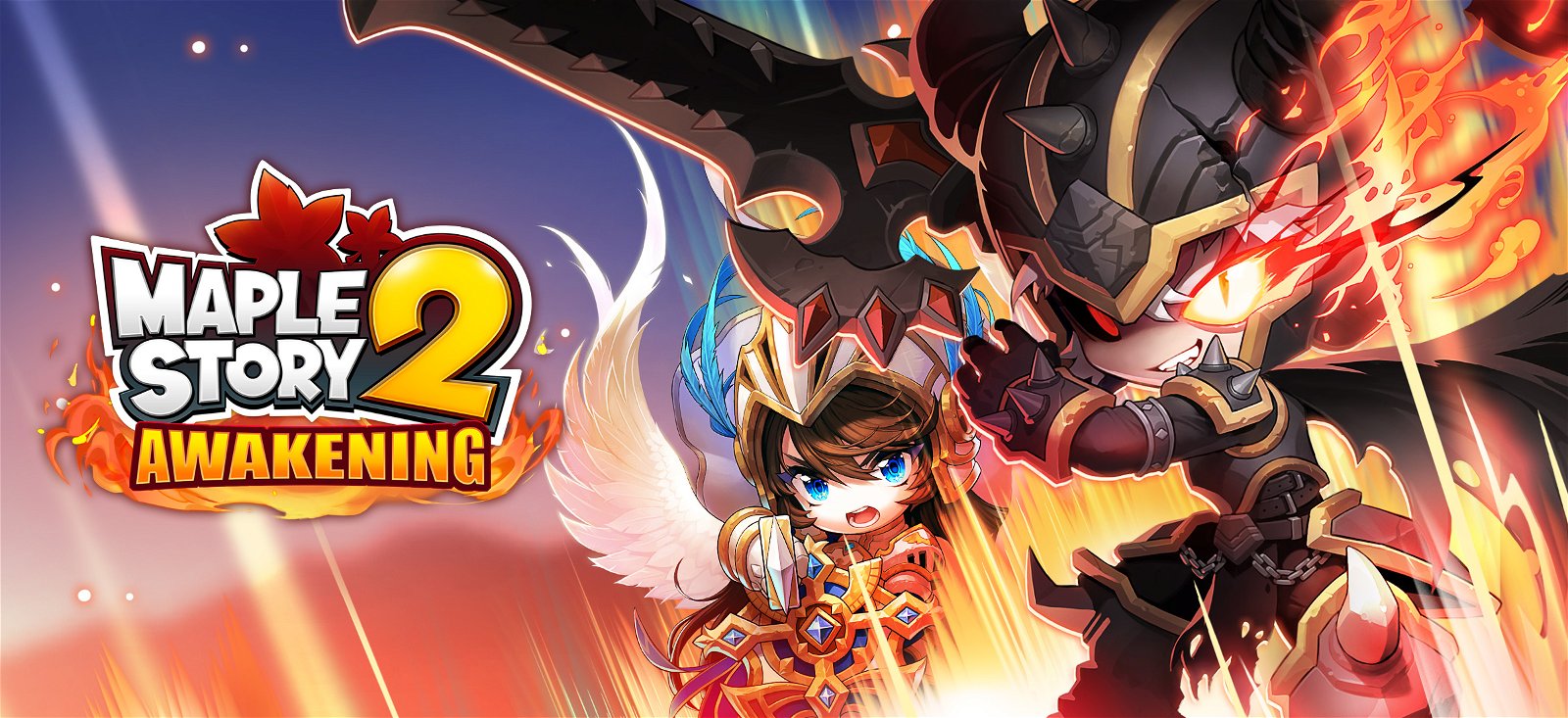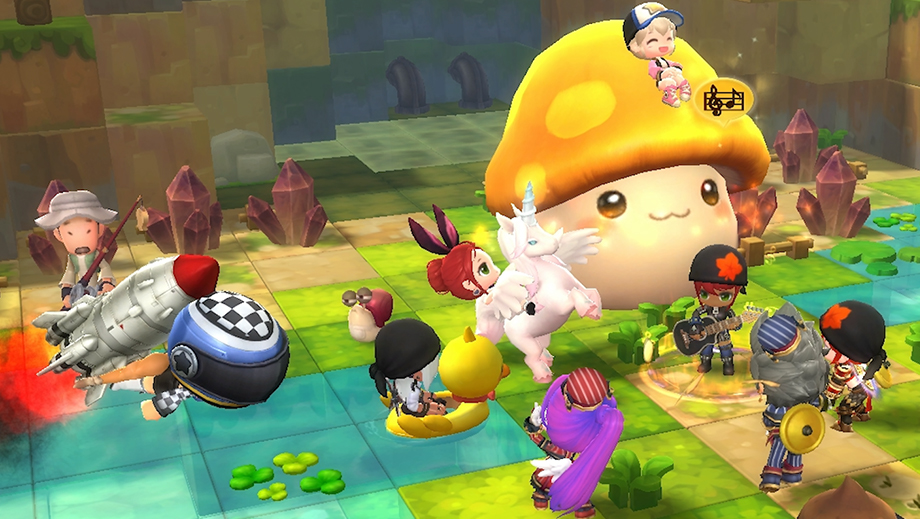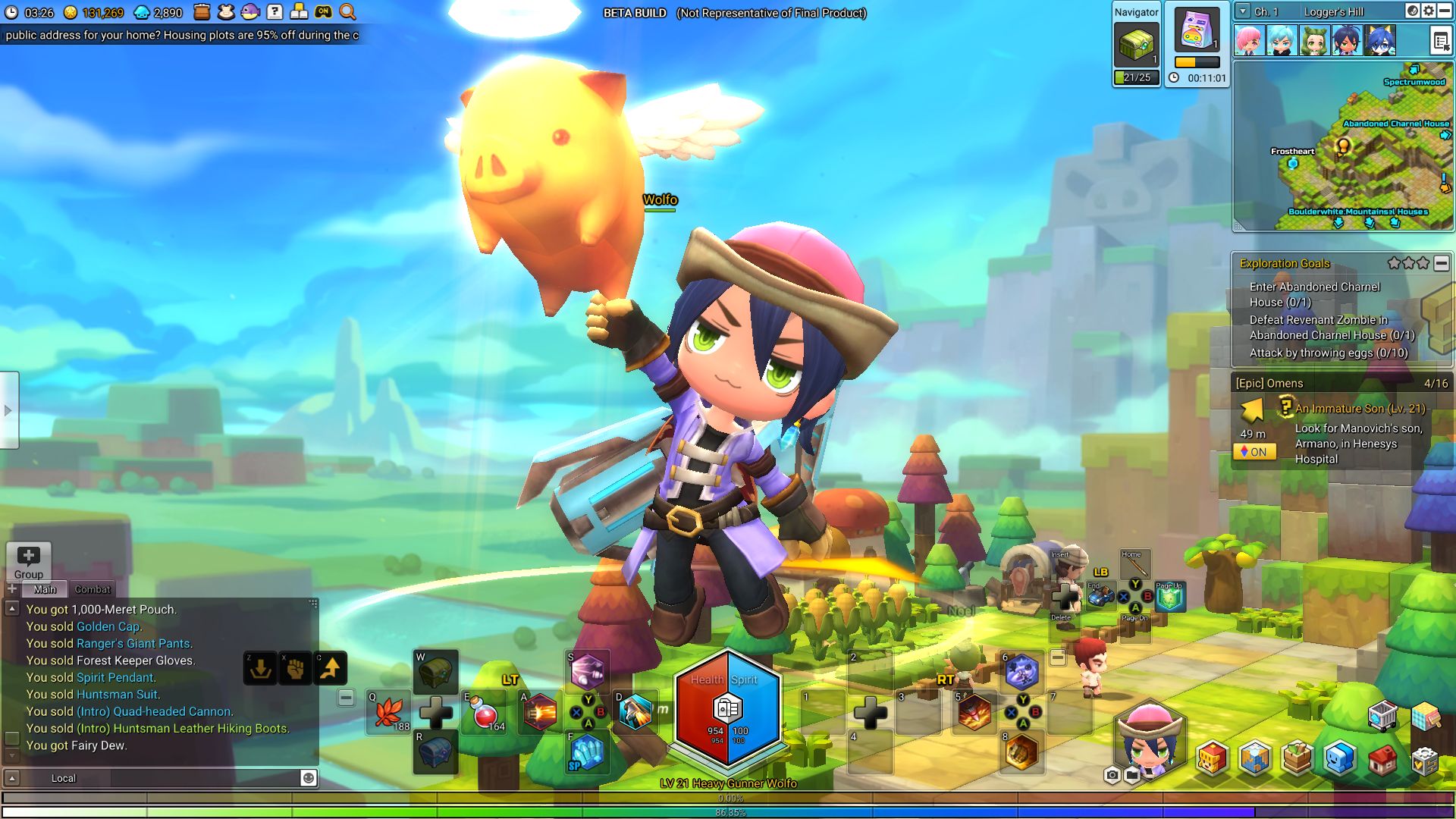

"Paradise Lost" is an epic poem composed of 12 acts. The three chapters are "Hell," "Purgatory," and "Paradise." "Paradise Lost," an epic poem written by English poet John Milton, is a trilogy. Saracen culture, based on Islam and Hellenism, is an Arabic culture. "One Thousand and One Nights" is well-known Latin literature. "O Sole Mio" is a song composed by Giovanni Capurro. "O Sole Mio" is a song composed by Giacomo Puccini. "Moulin Rouge" in French means yellow mill. "Mesopotamia" means land between two rivers. "Mesopotamia" means wide open grassland where the sun rises. "Mesopotamia" means the land between the two rivers. "Mesopotamia" means the extensive open grassland where the sun rises. It's one of his three masterpieces: "Madama Butterfly," "La Bohème," and "Tosca." "Macbeth" is an opera written by Giuseppe Verdi. "Les Miserables" is Guy de Maupassant's work. "L'elisir d'amore" is an opera by Giuseppe Verdi. "L'elisir d'amore" is an opera by Gaetano Donizetti. "La Triviata" is a work by Giuseppe Verdi.

"Jikj" is the oldest extant book printed with movable metal type. "Jikji," which was made public in 1972, is the oldest extant book printed with movable metal type. It's the oldest shamanic song in Korean history. "Gujiga" whose lyrics contain "Turtle, turtle push out your head" is a shamanic song. "Ghost in the Shell" is based on the comic of the same name, which is drawn by Shirow Masamune. "Ghost in the Shell" is based on the comic of the same name, which was drawn by Shirow Masamune. "Ghost in the Shell" is based on the comic of the same name, which was drawn by Oshii Mamoru. The song is composed of three movements which are 33 seconds, 2 minute 40 seconds and 1 minute 20 seconds of tacet (silence). "Four thirty-three," a song John cage composed in 1952, is an elaborate sonata accompanied by orchestra and piano. "Four Seasons" is the work of Antonio Vivaldi. "Four Seasons" is the work of Wolfgang Mozart. "Eurydike" is the oldest opera known to humankind. "Eskimo," which refers to a member of an indigenous people inhabiting northern Alaska, means "the eaters of raw meat." "Eskimo," which refers to a member of an indigenous people inhabiting the South Pole, means "the eaters of raw meat." "Erlkönig" is a composition by Giuseppe Verdi.

"Erlkonig" is a composition by Beethoven. "Don Giovanni" is an opera written by Mozart. "Don Giovanni" is an opera written by Beethoven. "Die Forelle" is a work by Franz Schubert. "Crime and Punishment" is Fydor Dostoevsky's work. "Crime and Punishment" is Tolstoy's work. "Chorus," which means "a church or in the manner of the chapel" refers to a song that is unaccompanied by instruments.Ī capella refers to singing without instrumental accompaniment. "Carnivals of the Animals" is a work by Camille Saint Saens. "Carnivals of the Animals" is a work by Gabrielle Faure. "Carmen" is about a romance between a gypsy girl and a petty officer. "Carmen" is about a romance between a gypsy girl and a detective. "Call Me Ishmael" is the first line of the book "Moby Dick". "Call Me Ishmael" is the first line of the book "Tom Sawyer". "Angry consumers" refer to consumers who exploit the system to gain personal benefits wrongfully. "Allegretto" is the tempo that's in between adagio and allegretto, which in Italian means "to walk."Īndante is the tempo that's in between Adagio and Allegretto. "A Furtive Tear (Una furtiva lagrima)" is an aria that appears in Gaetano Donizetti's opera "L'elisir d'amore." "A Furtive Tear (Una furtiva lagrima)" is an aria that appears in Puccini's opera "Madama Butterfly."


 0 kommentar(er)
0 kommentar(er)
